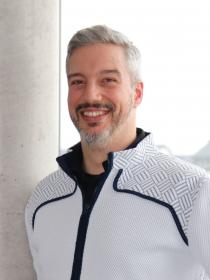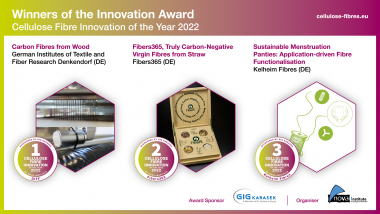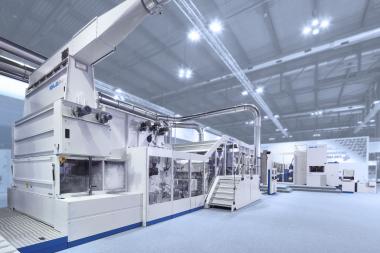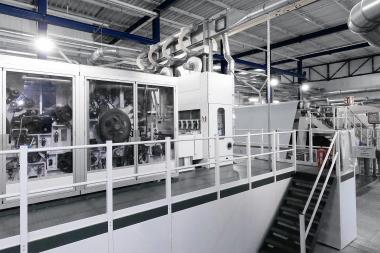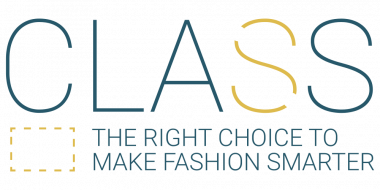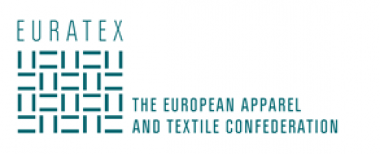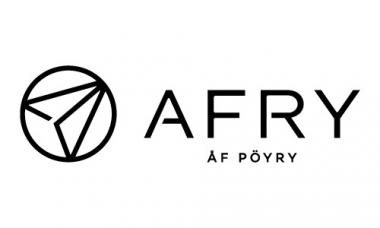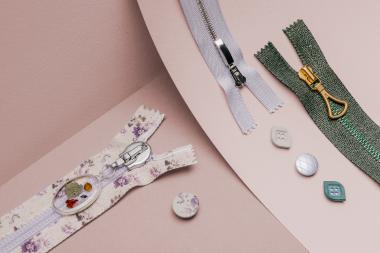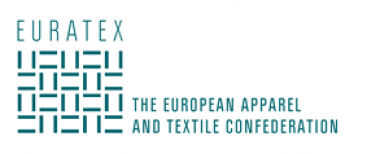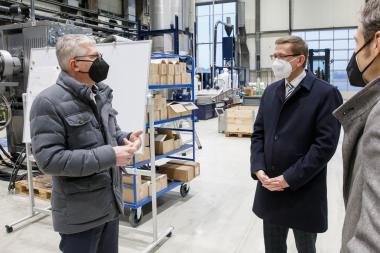Indorama Ventures reports record FY2021 performance as the global recovery drove volumes
- IVL commits to being an industry leader in sustainability under ‘Vision 2030’
Indorama Ventures Public Company Limited (IVL), a global sustainable chemical producer, today reported a record FY2021 performance as the economic recovery drove demand across the company’s global footprint.
Mr Aloke Lohia, Indorama Ventures Group CEO, said: “In 2021 we proved the resilience of our global footprint and our integrated portfolio across the polyester value chain. The past two years were an unprecedented period of disruption in which our business model’s robustness and our teams’ agility were tested. Having reset our business plan for the ‘new normal’ era, I have never been more confident in our model, our strategy, and our teams."
2021 Summary
In 2021, IVL delivered Core EBITDA of US$1,743 million (up 55% YoY) on production volumes of 14.72 MMT (up 7% YoY). Consolidated Revenue increased 38% YoY to US$14,629 million as consumer confidence rebounded and the company’s resilient model benefited from rising inflation, energy price hikes and supply chain shocks.
Macroeconomic tailwinds supported IVL’s performance, including government stimulus packages. In premium western markets, higher freight rates improved the company’s local import parity pricing advantage. In the fourth quarter, the introduction of China’s dual control policy widened polyester margins.
IVL’s largest Combined PET segment posted a 39% increase in Core EBITDA to US$1,103 million in the context of strong demand and low inventories. The resetting of PET contracts in 2022 is expected to capture higher freight rates and the consequent beneficial impact on import parity. The segment is expected to enjoy improved margins in 2022.
Integrated Oxides & Derivatives (IOD) recorded a Core EBITDA of US$377 million, up 228% from a year earlier. With higher oil prices expected to continue into 2022, the segment will continue to benefit from shale gas economics, improving MEG spreads, and upside from Lake Charles (IVOL) ethylene cracker, which resumed operations in late 2021. The Oxiteno acquisition, expected to close in H1 2022, will bring complementary products, green energy innovation, and geographical diversification to the IOD segment.
Fibers segment delivered a 37% increase in Core EBITDA of US$268 million as volumes rose 11%. Margins widened due to tighter markets and a favorable product mix, with setbacks coming from energy and commodity price increases, while the ongoing semiconductor shortage impacted the Mobility vertical.
Mr D K Agarwal, CEO and CFO at Indorama Ventures, said: “The performance was a result of a number of important macroeconomic factors, such as heightened crude oil prices, supply disruptions, and resurgent consumer confidence as vaccinations were rolled out in the pandemic’s second full year. These factors led to improved margins and benefited us as a preferred regional supplier that can react quickly to fulfill our customer needs. Our transformation programs that we started three years ago are also delivering efficiency gains faster than planned. As the world emerges from the pandemic, our increased confidence in IVL’s resilient model sets a strong foundation for further growth through 2024.”
Indorama Ventures Public Company Limited





